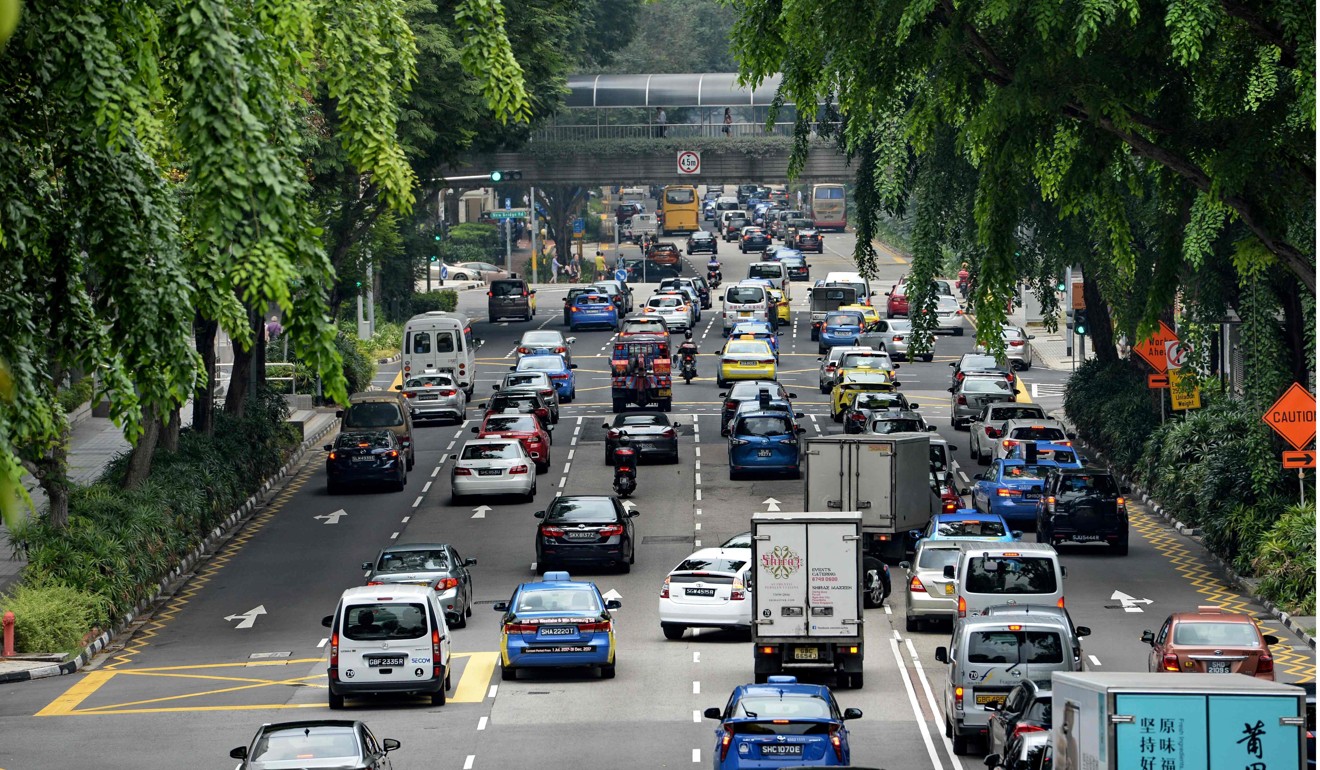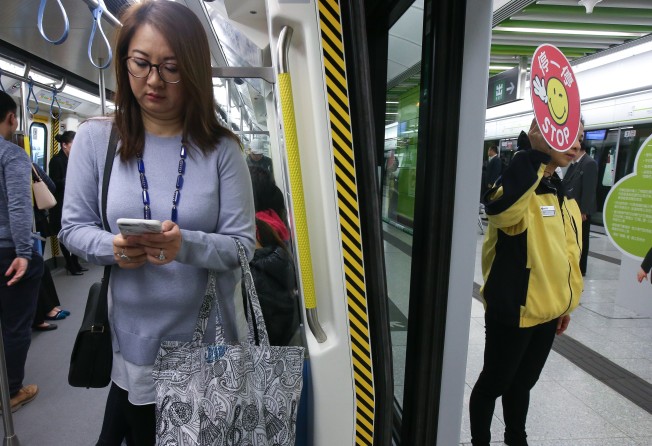
Singapore’s embarrassing metro disruptions offer a salutary lesson for Hong Kong
Bernard Chan says the problems afflicting a major transport network in a city known for its efficiency bring home the fact we must never take the quality of our services for granted

It is not only Singaporeans who generally think their city is better than Hong Kong; many Hong Kong people believe Singapore’s image as a clean, efficient and modern city. They must have been shocked last week to read a Post story about how Singapore’s MRT mass transit rail network has been hit by major delays and breakdowns in recent years.
Obviously, no metro system in the world has a perfect performance record. But, in Singapore, the rail system has developed serious reliability problems.
According to the story, Singapore’s MRT network is somewhat smaller than ours, at 198.6km versus the MTR’s 230.9km. Passenger load is lighter, at some2 millionper day versus 5.6 million here. The Singapore network first opened in the 1980s, roughly a decade after our MTR started – so both are far more modern than the century-old systems of London and New York. However, Singapore’s trains suffer one five-minutes-plus delay every 174,000km, against one every 360,000km in Hong Kong. This omits the less dense West Rail and East Rail lines, which make our numbers look even better. MTR can claim a world-leading 99.9 per cent reliability rate.
Compensation for affected passengers is a hot topic in Singapore, and the media publish advice on being prepared for a delay (go to the toilet before you travel, and make sure your phone is charged). There is even a Wikipedia page listing serious MRT disruptions.
This is embarrassing for Singapore. And it is not simply about image but practicalities: if commuters lose confidence in the trains, they will use cars and taxis more, and the whole transport and environmental situation will get worse.

There has been a significant increase in the number of passengers, reflecting a rise in Singapore’s population. But inevitably, responsibility must come down to management.
I am not writing this to score points for Hong Kong over Singapore. Most of us here would accept that Singapore beats Hong Kong in some ways – such as housing policy outcomes, and some would say in health care, urban planning and other areas.
Many people in Hong Kong will say the MTR’s performance has declined in recent years. The system has definitely become more crowded as passenger numbers have risen. And there are growing complaints about delays. (In fairness to rail operators, essential upgrades to tracks and signals are difficult without causing delays – and both the MRT and MTR face this problem right now.)
However, Hong Kong’s MTR is genuinely an outstanding rail system and a bigger international success than many of us realise. The MTR has been designing, building and operating our metro system from the start (in many cities, responsibilities are divided among different agencies). Over the years, it has acquired huge technical expertise, and it exports it to cities around the world. The MTR is involved in Beijing, Hangzhou, Shenzhen, and in the UK, Sweden and Australia. In fact, it is the biggest rail operator by passenger volume in Sweden. Profits earned outside Hong Kong also bring benefits to MTR shareholders as well as Hong Kong customers.
Watch: Hong Kong’s MTR rolls into Europe
We expect very high standards, and our media reflect this in their coverage of MTR disruptions. On top of that, our legislators – from both pro-establishment and opposition camps – are very critical any time they feel the MTR has failed in any way.
Although the MTR is publicly listed, the community sees it as a vital public service. It is under constant pressure from society to deliver reliable, quality transport as well as profits.
However, the Singapore experience should be a warning for us. If a previously efficient service can deteriorate in Singapore, it could happen here.
It does not have to be the rail network, or any transport system. Macau’s experience with Typhoon Hato in August was a reminder of how much we rely on specialised infrastructure, and dedicated professionals who plan and operate it. It could be health care, food safety, air traffic control or dozens of other areas.
Our politicians and media watchdogs are right not to take the quality of these services for granted.
Bernard Chan is convenor of Hong Kong’s Executive Council